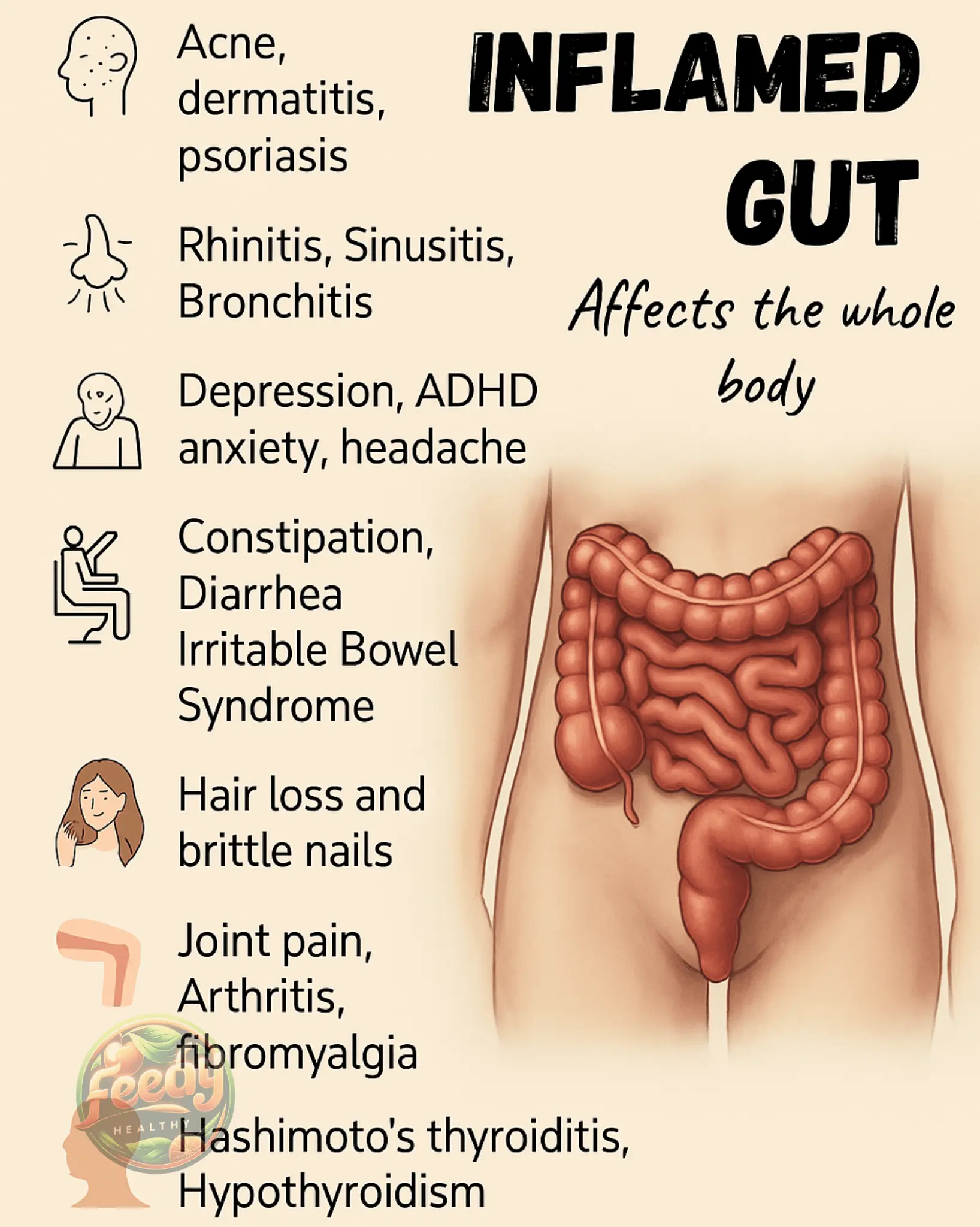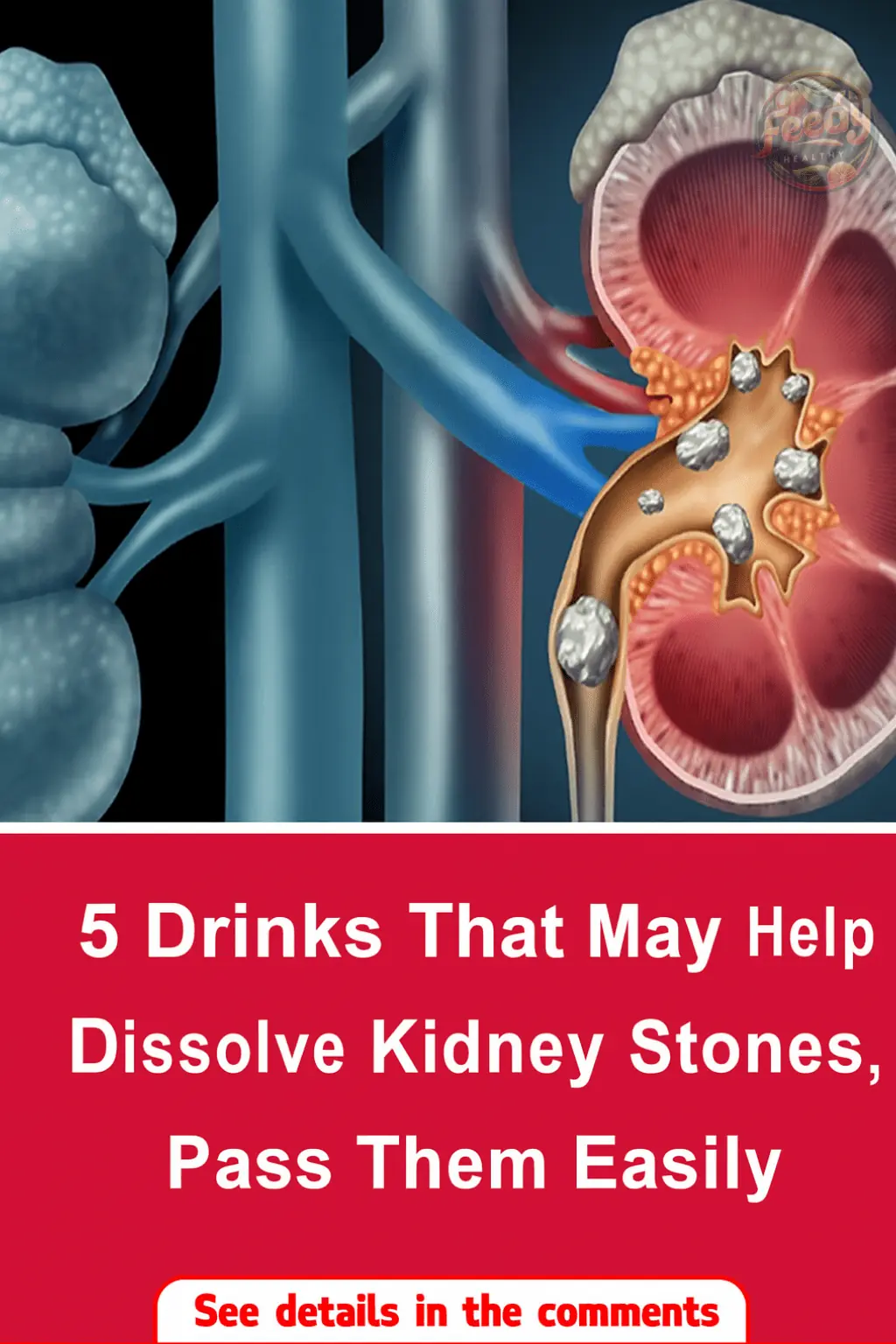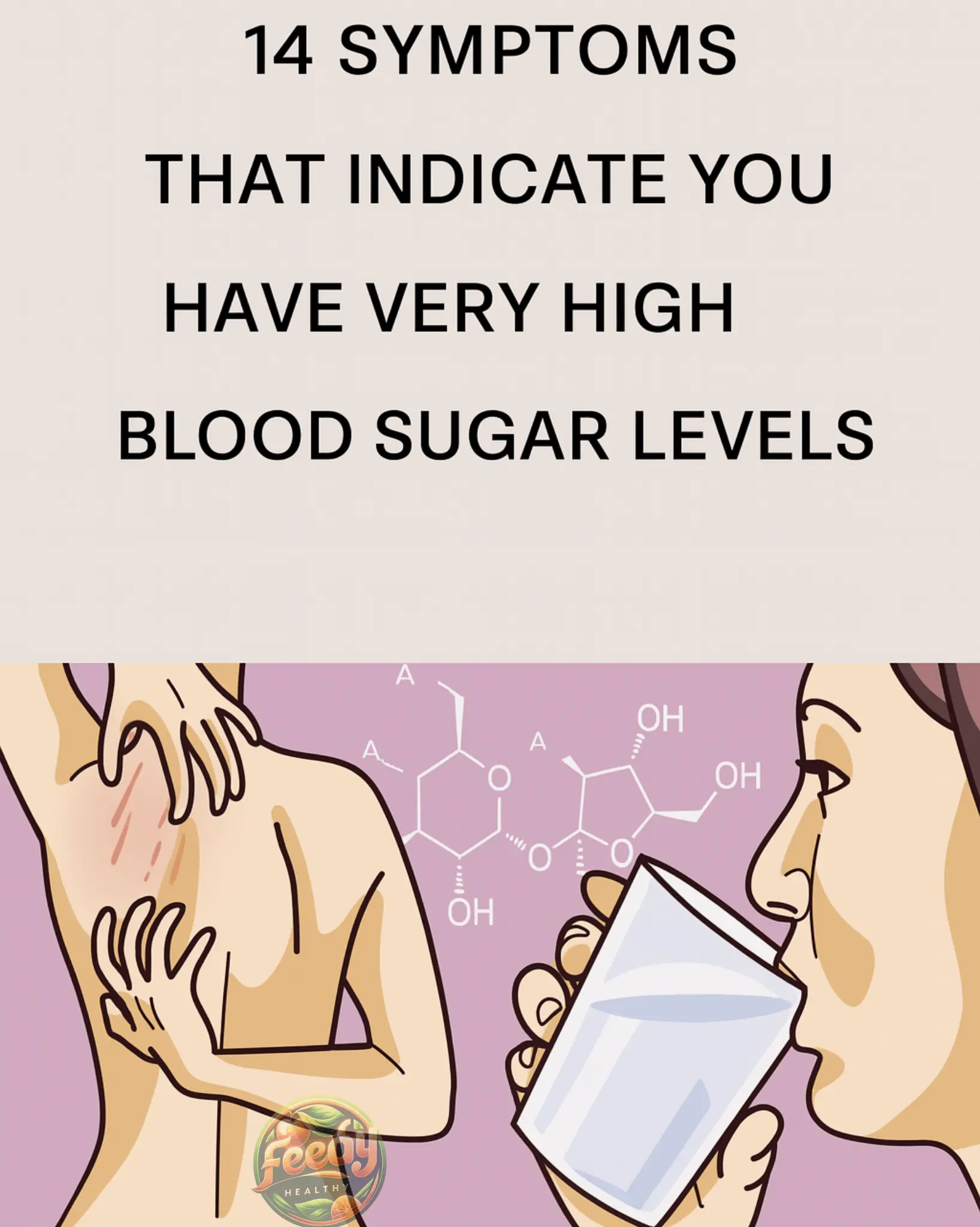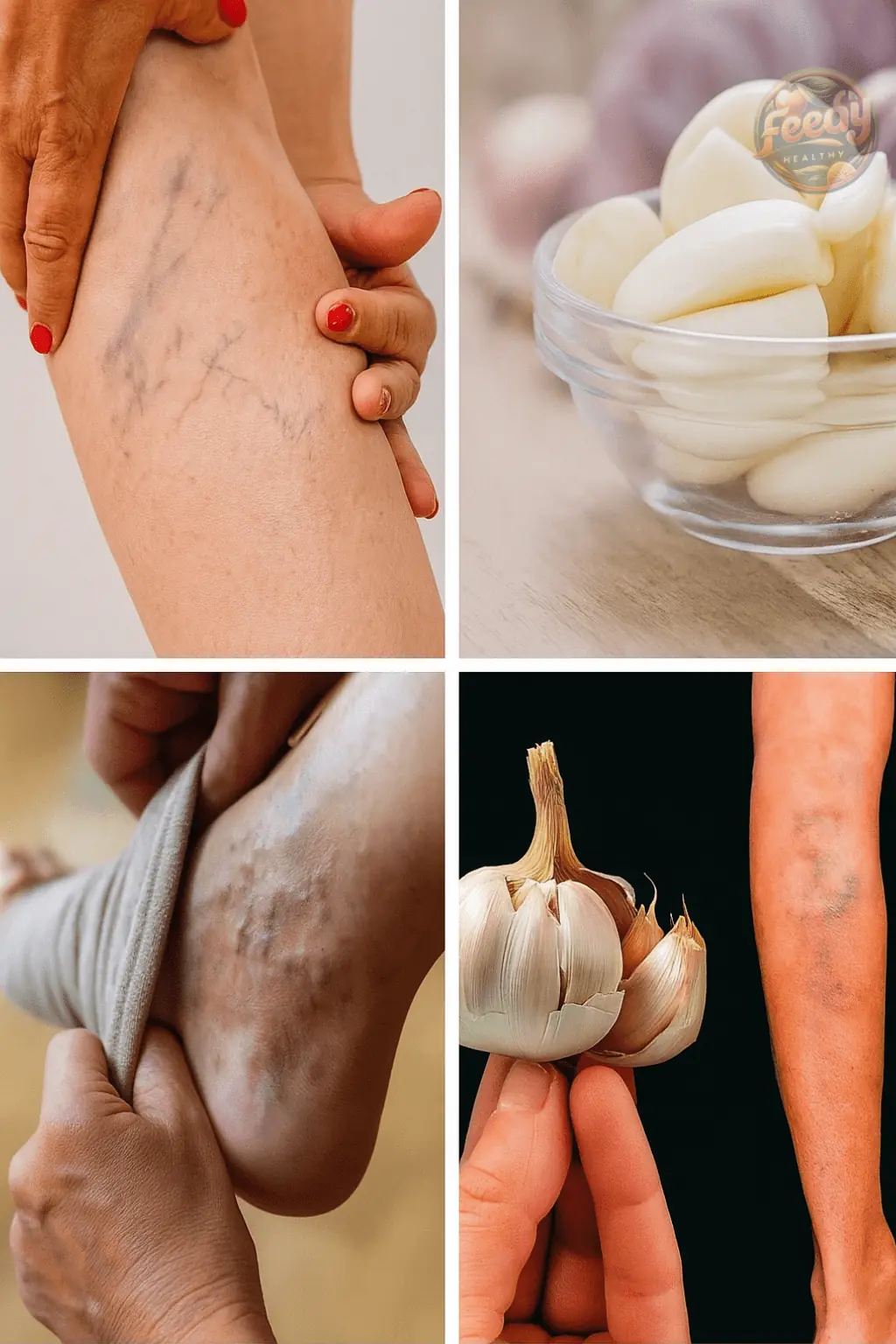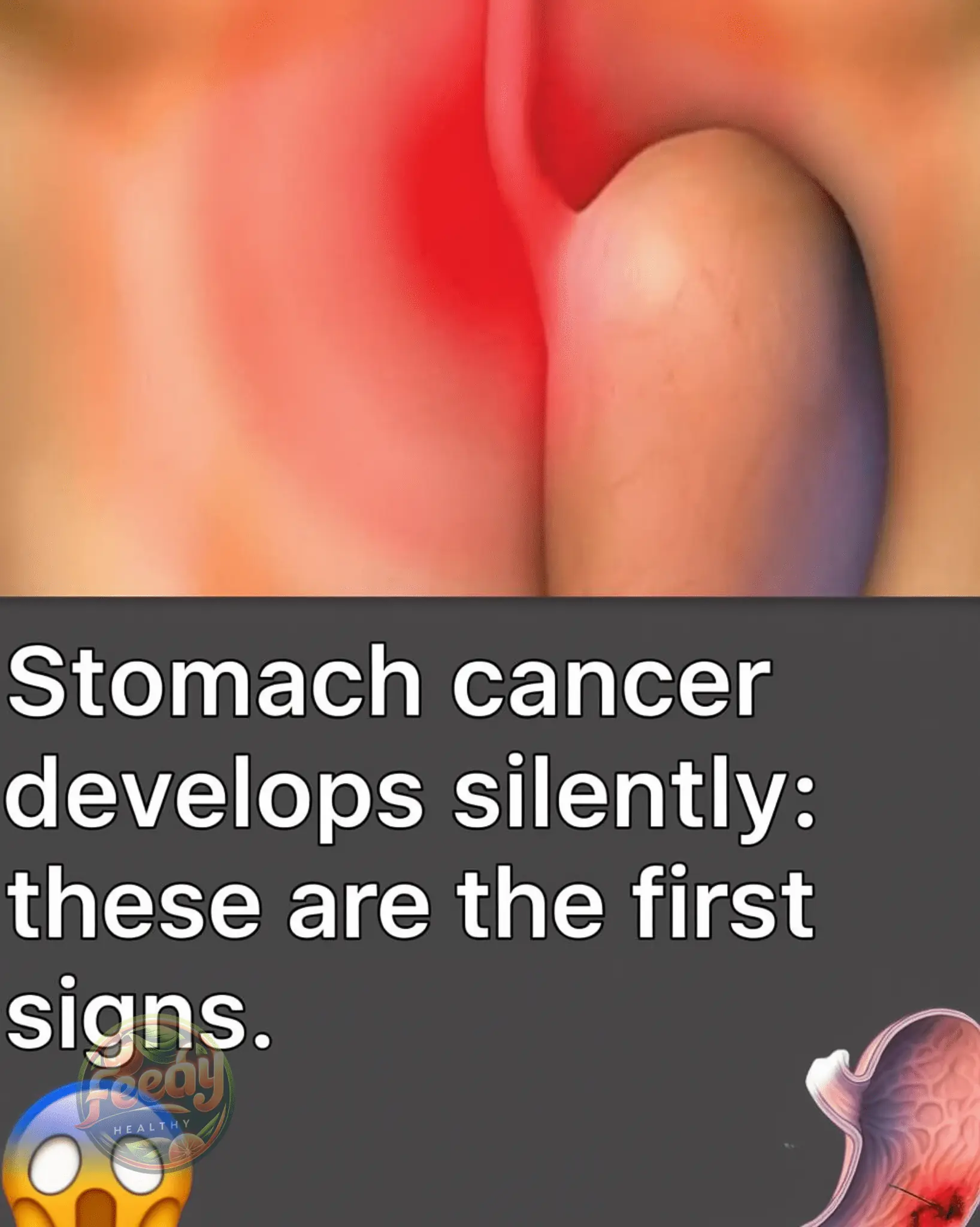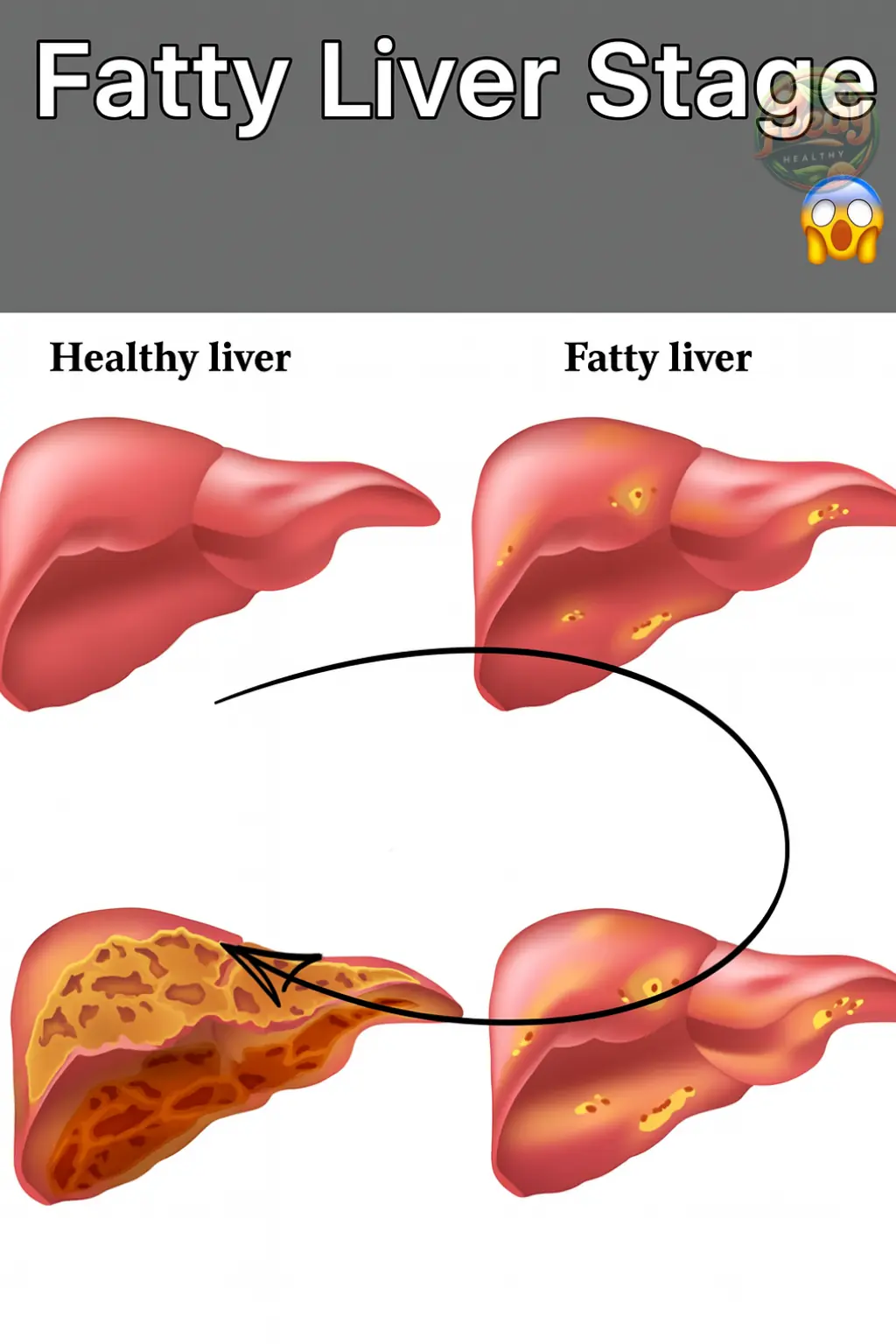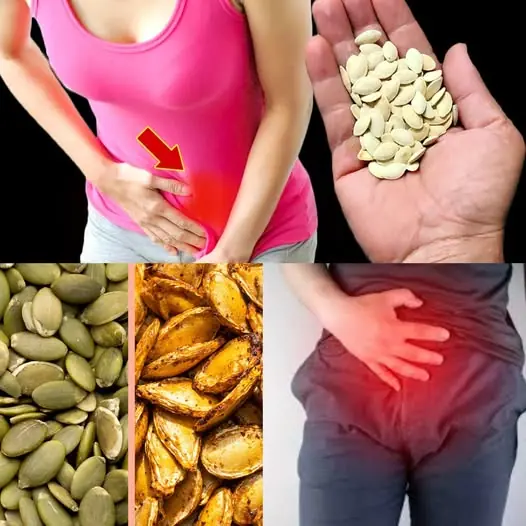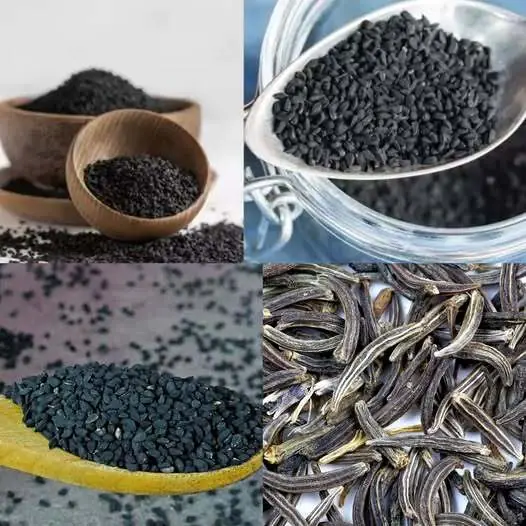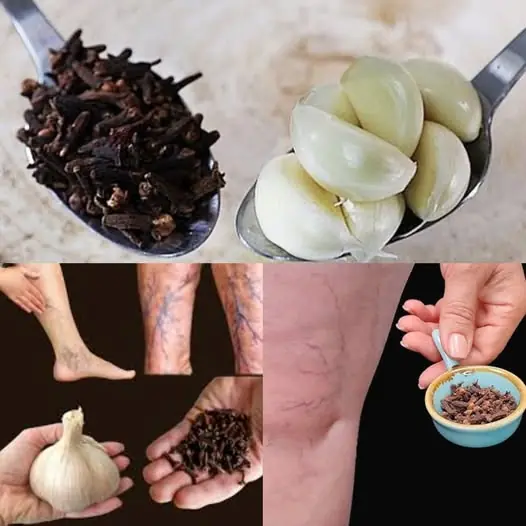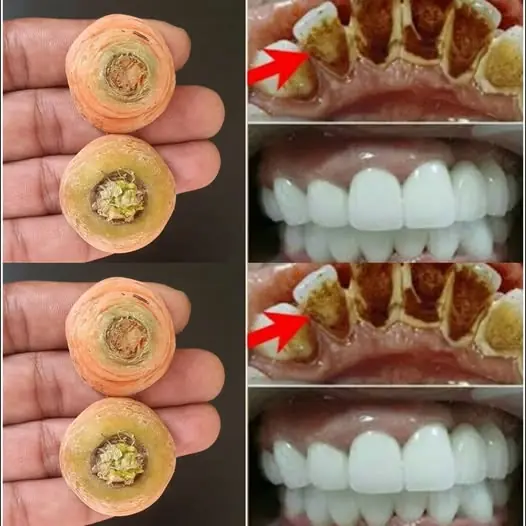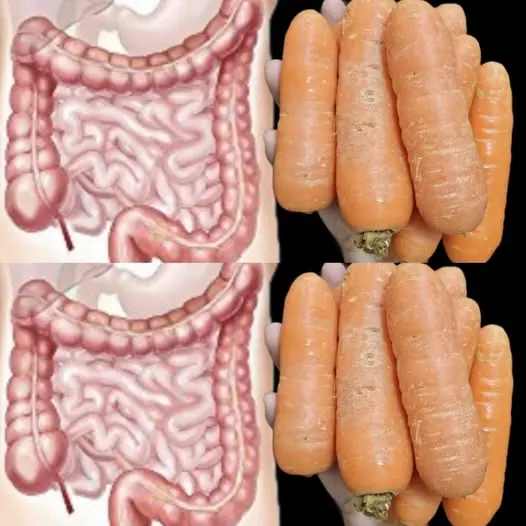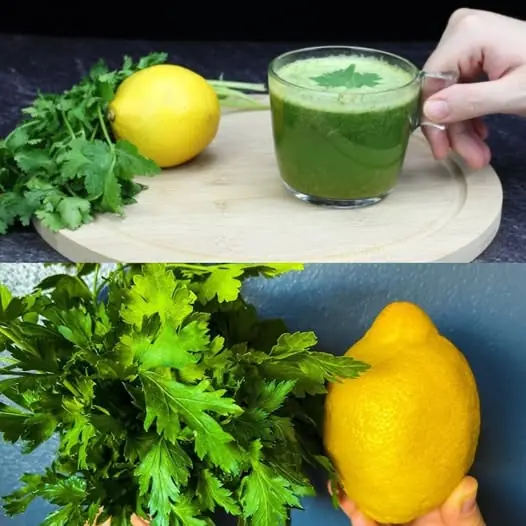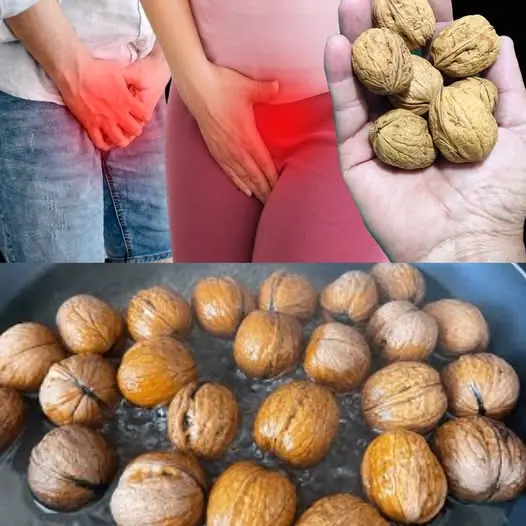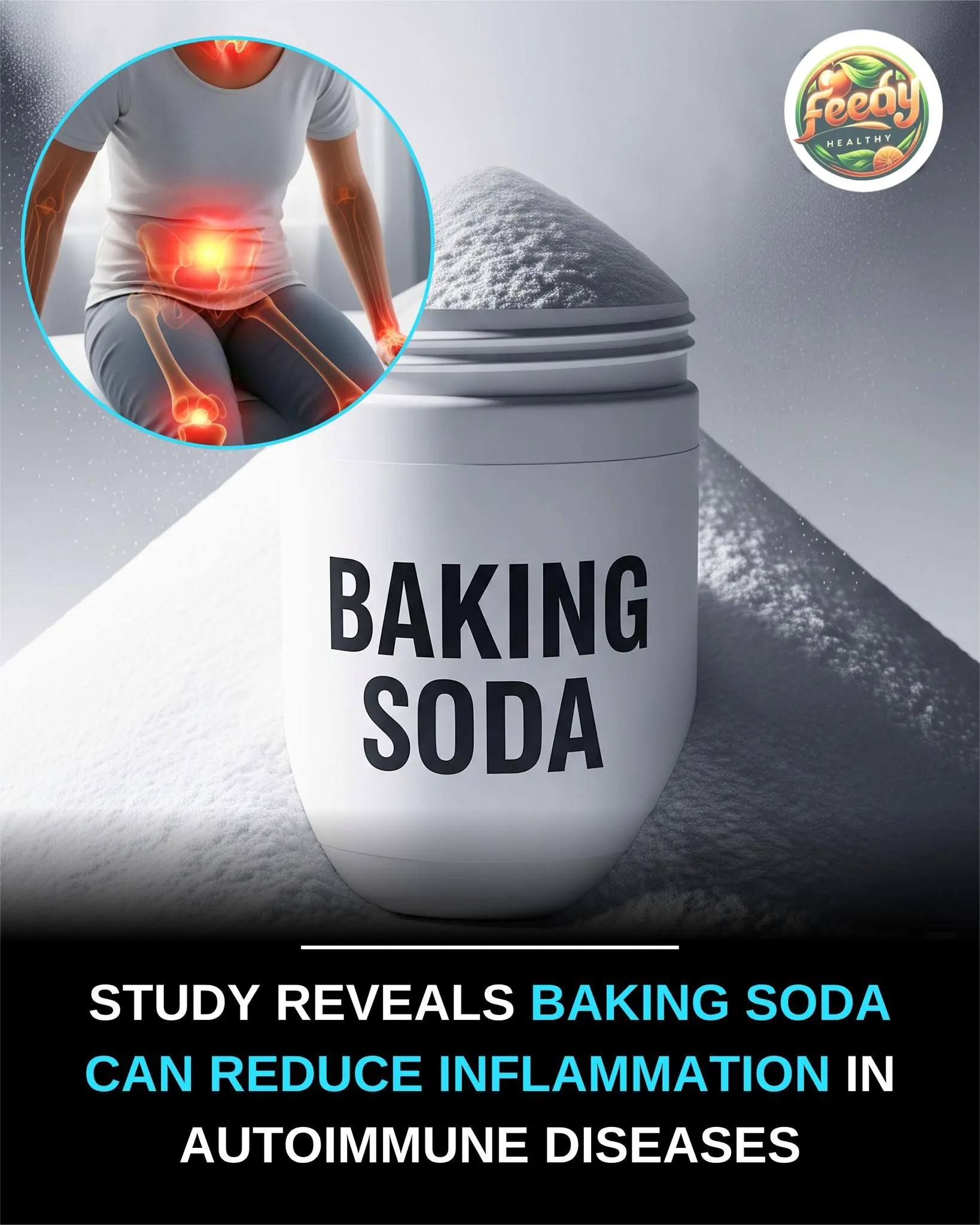
Promising low-cost therapy raises hope—but also caution
In a discovery that could reshape the future of autoimmune disease management, researchers from the Medical College of Georgia at Augusta University have identified a simple yet powerful potential aid in the fight against chronic inflammation: baking soda. Also known as sodium bicarbonate, this common kitchen staple may help reduce inflammation associated with autoimmune disorders such as rheumatoid arthritis and lupus.
How It Works: A Shift Toward Healing
The study, originally published in The Journal of Immunology in 2018 and now gaining renewed attention in 2025, found that a daily dose of baking soda—about one teaspoon dissolved in water—can stimulate the body’s anti-inflammatory response. According to the researchers, sodium bicarbonate interacts with mesothelial cells in the spleen and stomach, prompting them to signal immune cells to reduce pro-inflammatory activity.
This signaling encourages a shift in macrophage activity, moving from M1 (pro-inflammatory) cells to M2 (anti-inflammatory) cells. These M2 macrophages help the body repair tissues and reduce the harmful immune responses often seen in autoimmune flare-ups.
Clinical Trials: Encouraging, But Preliminary
The research included both animal studies and a small-scale human trial involving 30 participants. Over a few weeks of daily intake, participants showed measurable changes in their immune profiles. Notably, there was a reduction in systemic inflammation and a more balanced immune cell population, pointing to the body being in a more regulated, less reactive state.
Lead investigators noted that these changes could serve as a non-pharmaceutical adjunct therapy for individuals struggling with autoimmune diseases, potentially reducing reliance on corticosteroids or other immunosuppressive drugs.
Potential Impact: Affordable and Accessible
What sets this finding apart is the accessibility and affordability of the treatment. Compared to high-cost biologic therapies, sodium bicarbonate is inexpensive and widely available, offering potential relief to millions globally—especially those in low-resource settings.
"This could represent a simple way to help manage inflammation and autoimmune responses, but we must remain cautious," said one of the lead researchers involved in the study.
Warnings and Limitations
Despite the optimism, experts urge caution. Regular intake of baking soda can increase sodium levels, which may place stress on the kidneys or raise blood pressure, especially in individuals with existing cardiovascular or renal conditions. Therefore, medical supervision is strongly recommended for anyone considering this method.
Moreover, while the results are compelling, the study's limitations cannot be ignored:
-
Small sample size (only 30 human participants)
-
Short trial duration
-
Lack of long-term safety data
-
Unclear effects across different autoimmune diseases
Some medical professionals remain skeptical until larger-scale, double-blind, placebo-controlled trials can confirm the findings and evaluate long-term outcomes.
The Road Ahead
As of 2025, no official clinical guidelines recommend baking soda as a treatment for autoimmune conditions. However, the science behind its immune-modulating effects is gaining traction. The study’s findings open the door to further exploration and may pave the way for a new class of low-risk, adjunct therapies.
For now, individuals should not self-prescribe baking soda for chronic inflammation without consulting a healthcare provider. What may seem like a harmless home remedy could pose risks when used inappropriately.
Conclusion
While it’s too early to declare baking soda a miracle solution, this research offers a glimpse of hope for millions living with autoimmune conditions. It underscores the importance of continued research into affordable, accessible treatments that harness the body’s own immune system in a more balanced and sustainable way.


